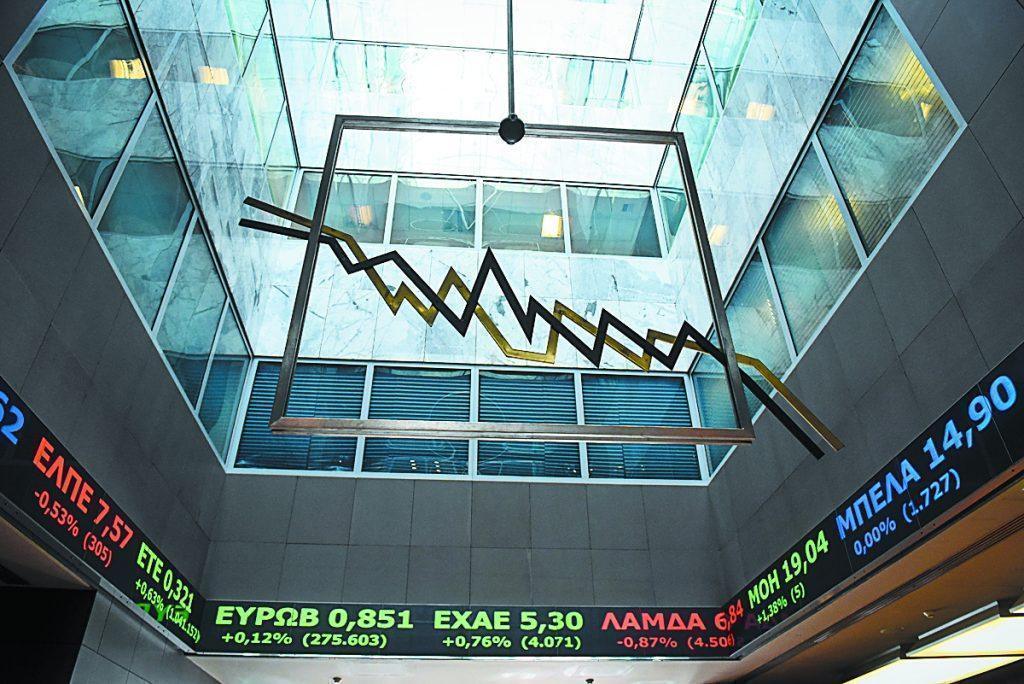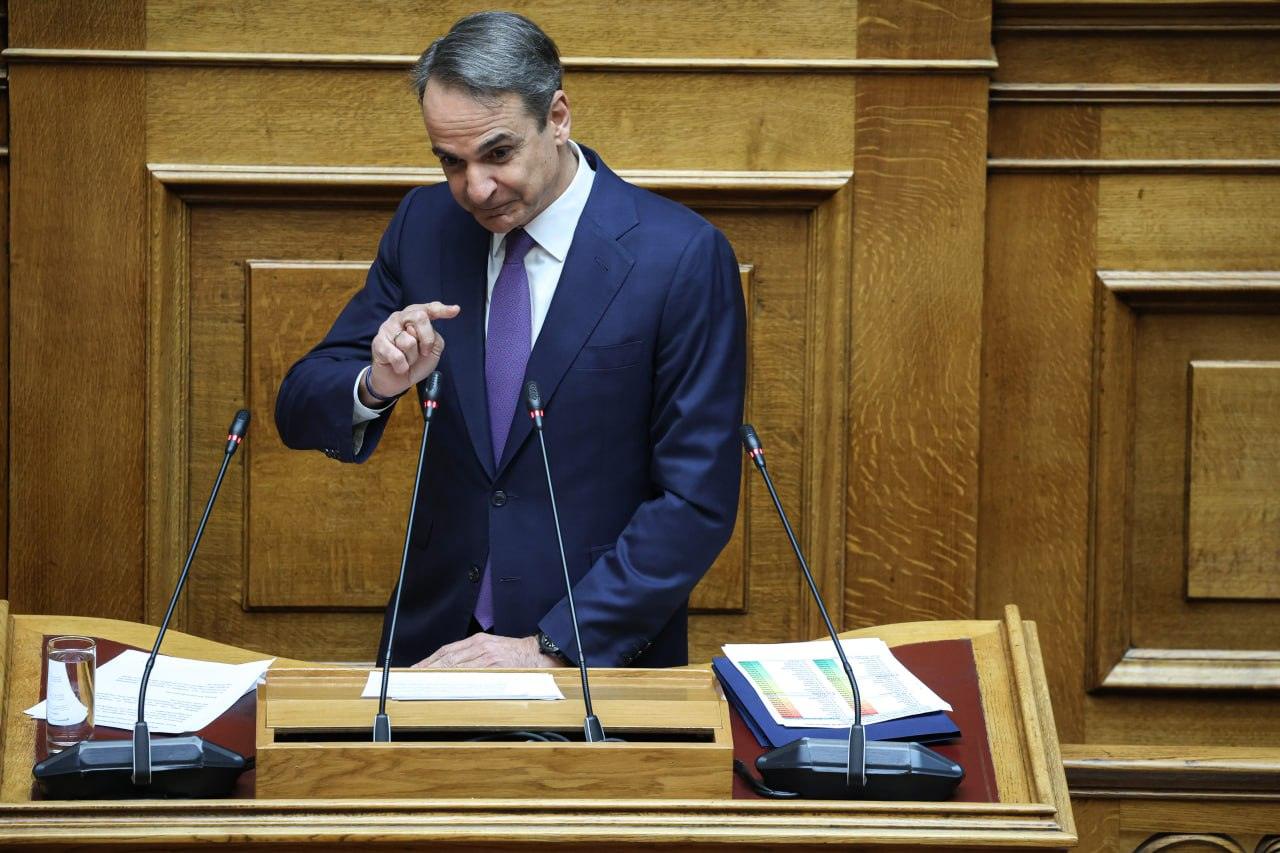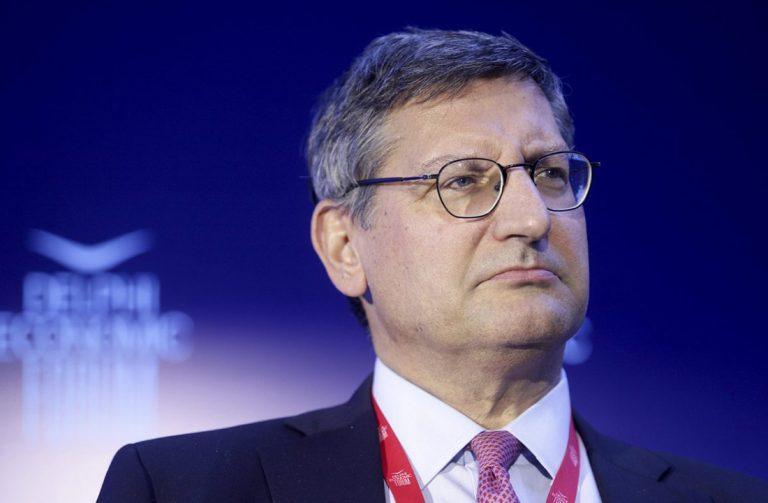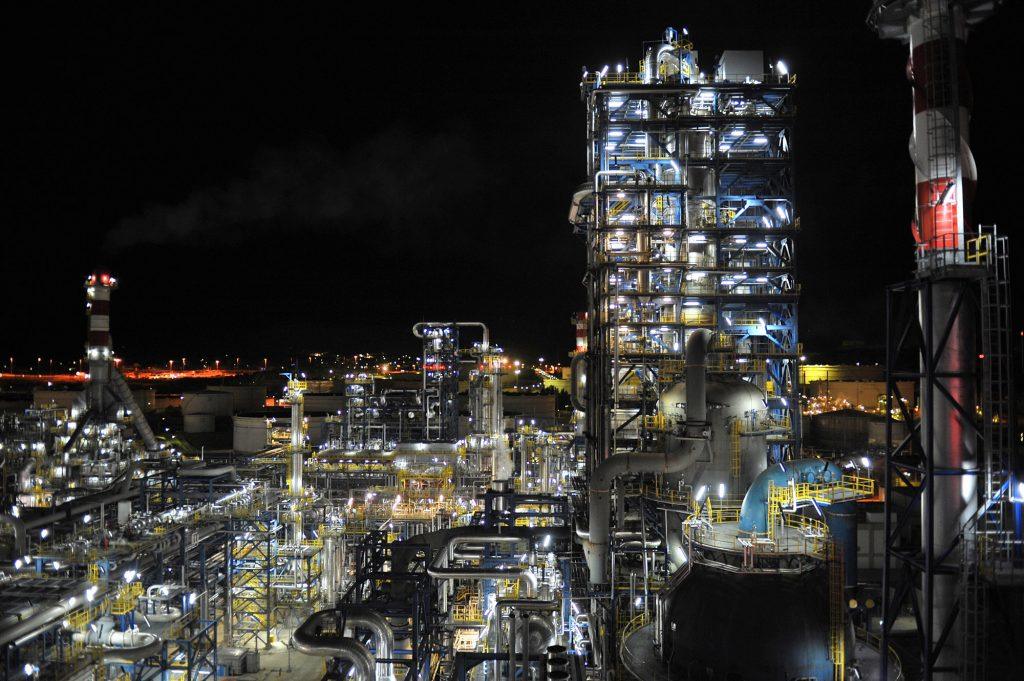Ten years after the signing of the Paris Agreement, the State of Climate Action 2025 report presents a sobering verdict on global climate progress: not a single one of 45 critical indicators is on track to meet the 2030 targets needed to limit global warming to 1.5 degrees Celsius.
The study is co-published by the Bezos Earth Fund, Climate Analytics, ClimateWorks Foundation, the Climate High-Level Champions, and the World Resources Institute, and calls for an “enormous acceleration” in every sector of the global economy to avert irreversible damage.
Global emissions still rising
Despite unprecedented investment in clean energy, which exceeds $2 trillion in 2024, about twice the level of fossil-fuel spending, global greenhouse-gas emissions climbed to 56.6 gigatonnes of CO₂ equivalent in 2023. The report attributes the rise to continued coal dependence, extreme weather-related demand for energy, and sluggish progress in forest protection.
Nearly half the growth in energy-related CO₂ emissions in 2024 was linked to record heatwaves that boosted cooling demand, especially in Asia (p. 3). Meanwhile, permanent forest loss averaged 8.3 million hectares a year between 2022 and 2024, an increase over the pre-Paris period (p. 5).
Political backsliding and lost momentum
The authors warn that international unity has weakened. The United States’ announced withdrawal from the Paris Agreement in January 2025, for the second time, marked what the report calls a “notable development” undermining global cooperation. At the same time, a corporate backlash against environmental, social, and governance (ESG) principles over concerns related to competitiveness, has reduced private-sector ambition, with several banks quitting the Net Zero Banking Alliance.
The geopolitical divide, combined with unmet climate-finance pledges, is eroding trust between developed and developing nations. Wealthy countries’ failure to deliver on promised aid has “further weakened the foundation for global cooperation,” the report notes.
Sectoral progress uneven
While renewable energy deployment continues to expand, overall decarbonization remains too slow. Solar power alone grew faster than any energy source in history, yet coal generation must decline ten times faster, deforestation must fall nine-fold, and climate finance must quadruple to stay within the Paris limit.
Some indicators show potential turning points. Private climate finance rose from $870 billion in 2022 to $1.3 trillion in 2023, and global solar capacity surpassed 1 terawatt in 2025. Yet electric-vehicle sales, which were once the only metric “on track”, have slowed, downgraded to “off track” for 2030.
A decisive decade
The authors conclude that limiting warming to 1.5 °C “remains technically feasible but politically fragile.” New nationally determined contributions (NDCs) submitted by 62 countries cover only 31 percent of global emissions and would cut merely 1.3 to 1.6 Gt CO₂ equivalent by 2035. The remaining gap of up to 29.9 Gt demands what they call a “system-wide transformation” across power, transport, land use, and finance.
While the Paris Agreement was a triumph of collective vision, the report warns the next decade must be one of “pragmatic, inclusive, and unstoppable action”.
Source: tovima.com








































